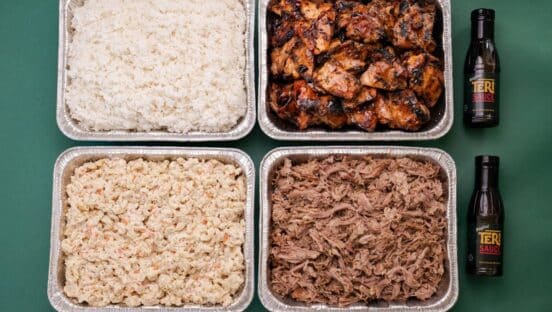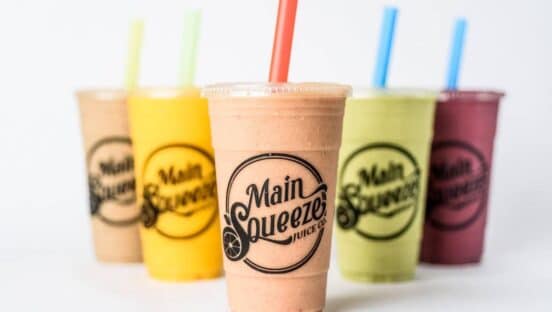Chipotle Mexican Grill announced it is partnering with Houston-based Standard Renewable Energy (SRE) to install solar panels on approximately 75 Chipotle restaurants over the next year. In all, Chipotle has committed to panels that will produce 500 kilowatt hours of electricity, making Chipotle the largest direct producer of solar energy in the restaurant industry.
“Our effort to change the way people think about and eat fast food began with our commitment to serving food made with ingredients from more sustainable sources, and that same kind of thinking now influences all areas of our business,” says Steve Ells, founder, chairman, and co-CEO of Chipotle. “Today, we’re following a similar path in the way we design and build restaurants, looking for more environmentally friendly building materials and systems that make our restaurants more efficient.”
Solar panel installations are already underway in select cities including Denver, Austin, Dallas, and San Antonio. Markets and restaurants where solar may be used is based on a formula that includes a restaurant’s electricity consumption, local utility solar rebates, and its access to direct sunlight.
The intent of Chipotle’s solar initiative is to reduce the restaurants’ traditional energy consumption during peak hours for energy use (from 11 a.m. to 7 p.m.), when pressure on the energy grid is greatest. The amount of power produced through the solar program will eliminate more than 41 million pounds of CO2 emissions.
“Chipotle has recognized an eco-friendly method of reducing its operating costs while reducing its carbon footprint,” says Standard Renewable Energy CEO John Berger. “By applying solar, each individual restaurant will be decreasing its reliance on the local grid and fossil fuels and supplementing it with clean, renewable energy. This is just another way Chipotle is leading the restaurant industry in sustainability.”
In addition to this new solar panel initiative, Chipotle was the first restaurant ever to receive Platinum level LEED certification—the highest level—by the U.S. Green Building Council for its Gurnee, Illinois, restaurant that features an on-site wind turbine and an underground cistern to harvest rainwater for irrigation. Chipotle also has a LEED certified restaurant in Long Island, New York, and a third restaurant that is pending certification in Minneapolis. All of Chipotle’s new restaurants include some environmentally friendly materials or systems, including low VOC paints and sealants, recycled drywall and stainless steel, photocell light controls that regulate electric lighting based on availability of natural lighting, or low-E window glass that helps reduce heating and cooling needs.
Chipotle’s pursuit of more sustainable building options is an extension of a philosophy it calls “Food with Integrity” that has the company pursuing ingredients from more sustainable sources. The commitment has led Chipotle to serve more naturally raised meat (from animals raised in a humane way, never given antibiotics or added hormones, and fed a pure vegetarian diet) than any other restaurant company. It also maintains significant commitments to serving organic and locally grown produce, and cheese and sour cream made with milk from cows that are never given the synthetic hormone rBGH.



